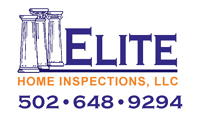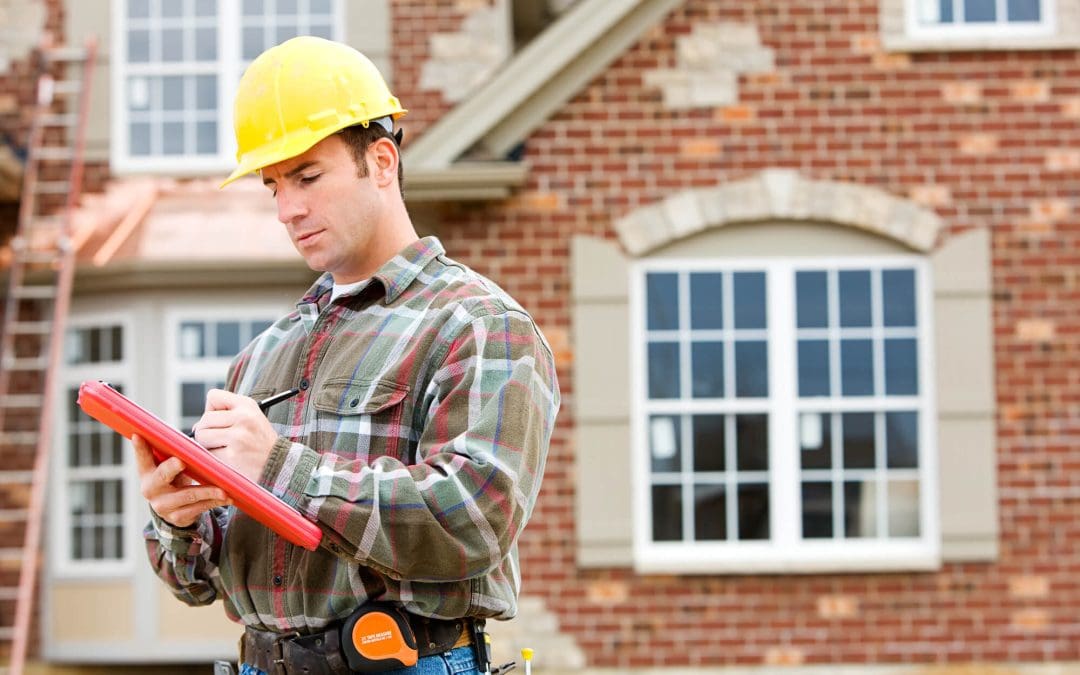One of the most crucial steps in purchasing a home is getting a home inspection. A home inspection provides valuable insight into the condition of the property, helping buyers make informed decisions. While no home is perfect, understanding common issues that inspectors often find will help you better prepare for negotiations and future maintenance. Below are some of the most frequent issues found in home inspections, along with how they impact your home-buying experience.
Structural Issues Found in Home Inspections
One major concern that can arise during a home inspection involves the structural integrity of the home. Inspectors often check for foundation cracks, uneven floors, and misaligned doors or windows, all of which may indicate more significant foundation issues. Foundation problems are costly to fix and might require specialized repair. If structural damage is identified, buyers may need to negotiate for repairs or reconsider their purchase depending on the severity of the issue.
Roof Problems
Roof issues are another common finding during home inspections. Inspectors will often evaluate the age and condition of the roof, checking for missing or damaged shingles, leaks, or sagging areas. A damaged roof can lead to water intrusion, which in turn can cause mold or mildew issues inside the home. The cost of roof replacement or repair is substantial, making this an essential point of consideration for buyers. While a well-maintained roof adds value to the home, a roof in poor condition is a potential headache.
Common Plumbing Issues Found in Home Inspections
Plumbing problems are frequently found during home inspections, ranging from minor leaks under sinks to more serious issues like corroded pipes or low water pressure. Older homes, in particular, may have outdated plumbing systems that could require replacement. Common issues include leaking faucets, improperly installed fixtures, and inefficient water heaters. If plumbing issues are present, it’s important to assess the cost of repairs, as they affect the home’s livability. Buyers may want to hire a plumbing specialist for further evaluation.
Electrical System Deficiencies
Electrical issues are often identified in home inspections, particularly in older homes. Inspectors look for outdated wiring, overloaded circuits, and improperly grounded outlets. Electrical deficiencies can pose significant safety risks, including the potential for electrical fires. The inspector may also point out if the home’s electrical panel is outdated and needs replacement. Addressing these issues typically requires the help of a licensed electrician, which can add to the overall cost of buying a home.
HVAC Problems
Heating, ventilation, and air conditioning (HVAC) systems are critical for the comfort of any home. During an inspection, the HVAC system is evaluated to confirm it is functioning properly. Common issues include old or malfunctioning units, clogged filters, and poorly maintained ductwork. These problems reduce the system’s efficiency, increase energy costs, and potentially lead to expensive repairs. If the HVAC system is nearing the end of its lifespan, buyers should consider negotiating a replacement or adjusting the offer price to account for future costs.
Water Damage and Mold
Water damage is one of the more concerning findings in a home inspection because it leads to serious problems like mold and structural decay. Inspectors will check for signs of water damage in basements, attics, and around windows or doors. They will also examine areas prone to leaks, such as under sinks and around the foundation. Mold, which thrives in moist environments, can cause health issues and be difficult to remove. Addressing water damage early helps prevent repairs down the road, so it’s important to take these issues seriously during the homebuying process.
Insulation and Ventilation Issues Found in Home Inspections
Proper insulation and ventilation are critical for maintaining a home’s energy efficiency. Inspectors often find that older homes have inadequate insulation in attics and walls, which can lead to higher energy bills. Poor ventilation in areas like bathrooms and kitchens can lead to moisture buildup, contributing to mold growth and wood rot. Ensuring that the home has proper insulation and ventilation is essential for both comfort and efficiency. Buyers should consider upgrading these systems if deficiencies are found.
Pest Infestations
Pest infestations, particularly termite damage, are another common issue revealed in home inspections. Termites can cause structural damage if left untreated, making it critical to identify their presence early. Inspectors will check for signs of pests, including droppings, chewed wood, and small holes in walls or floors. If an infestation is found, buyers may need to bring in pest control professionals to assess the situation and potentially negotiate for the cost of treatment or repairs.
Exterior Issues
A home’s exterior is the first line of defense against the elements, and inspectors will evaluate siding, windows, and doors for potential problems. Cracked or peeling siding, improperly sealed windows, and damaged door frames can all contribute to energy loss and moisture intrusion. In some cases, the inspector may find issues with the grading around the home, which can cause water to pool near the foundation, leading to long-term water damage. Addressing exterior issues promptly can prevent further deterioration and enhance the home’s curb appeal.
Poor Drainage
Proper drainage is essential for preventing water damage to a home’s foundation and landscape. During an inspection, the inspector will assess the drainage system around the property to ensure that rainwater and runoff are being directed away from the house. Poor drainage can lead to water pooling around the foundation, which may cause cracks and structural damage. Buyers should take drainage issues seriously, as they can lead to expensive repairs if left unaddressed.
Appliance Issues Found in Home Inspections
If the home has appliances like refrigerators, ovens, or dishwashers, the inspector will check whether they are in good working condition. Old, inefficient, or malfunctioning appliances may require repair or replacement, adding to the overall cost of the home. Buyers should note issues with appliances and factor them into their budget if they need to be replaced.
Home inspections are a crucial part of the home-buying process, offering valuable insight into the condition of a property. Common issues can greatly impact the value and safety of the home. While not all problems are deal-breakers, it’s essential for buyers to understand the potential costs and negotiate accordingly. A thorough home inspection saves buyers from unexpected repairs and ensures that they’re making a sound investment in their future home.
FAQs on Home Inspections
How long does a typical home inspection take?
The length of a home inspection depends on the size and condition of the property, but most inspections take between two to four hours. Larger homes, older properties, or homes with more complex systems may require additional time. Buyers are usually encouraged to attend the inspection to ask questions and get a better understanding of the home’s condition.
How much does a home inspection cost?
The cost of a home inspection can vary depending on the location, size of the home, and the inspector’s experience, but it generally ranges from $300 to $500. Additional services, such as mold or radon testing, can increase the cost. While inspections may seem costly, they provide essential information that can prevent expensive surprises later on.
Can a home inspection fail?
A home inspection is not a “pass or fail” test. It’s simply an assessment of the property’s condition. The inspector will document any issues they find, but it’s up to the buyer to determine if the issues are deal-breakers or if they can be addressed through repairs or negotiation. Even a home with numerous issues might still be a good investment if the buyer is prepared for the necessary repairs.
What should I do if the inspector finds significant problems?
If significant problems are identified, buyers have several options. You can negotiate with the seller to have the issues fixed before closing, request a price reduction to cover repair costs or ask for a credit to address the issues after the sale. In extreme cases where the problems are too severe, buyers may decide to walk away from the deal.
Elite Home Inspections offers home inspection services to customers in Louisville and the surrounding areas of Kentucky. Contact us to request an appointment.

